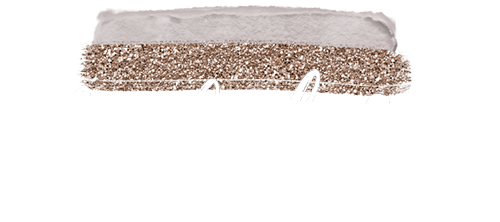What to Know About Buying and Preserving Properties with Character
Virginia, with its deep-rooted history, is a treasure trove of historic homes that tell stories of the past. From charming colonial estates to Victorian masterpieces, these properties offer a unique blend of architectural beauty and cultural significance. If you’re considering buying a historic home in Virginia, here’s everything you need to know—from the benefits to the responsibilities of preservation.
Why Buy a Historic Home in Virginia?
Owning a historic home in Virginia isn’t just about living in a beautiful property—it’s about being part of the state’s legacy. Here are some reasons buyers are drawn to these homes:
- Timeless Architecture: Historic homes feature craftsmanship and details you won’t find in modern construction, such as hand-carved moldings, original hardwood floors, and unique facades.
- Cultural Significance: Many historic homes in Virginia have connections to significant events or figures in American history.
- Charming Locations: Cities like Williamsburg, Fredericksburg, and Alexandria are filled with historic districts where cobblestone streets and preserved landmarks create a picturesque setting.
- Potential Tax Benefits: Virginia offers incentives for owners who preserve and restore historic properties, including tax credits for approved rehabilitation projects.
Top Areas in Virginia for Historic Homes
Virginia offers a variety of locations where you can find historic properties:
- Williamsburg: Known for its Colonial-era homes, Williamsburg provides a window into 18th-century America. Imagine living near iconic landmarks like Colonial Williamsburg and Jamestown.
- Fredericksburg: This city is home to Civil War-era properties and charming downtown residences with unique historical character.
- Charlottesville: Surrounded by rolling hills and vineyards, Charlottesville boasts a mix of antebellum homes and estates, including Thomas Jefferson’s Monticello.
- Alexandria: Old Town Alexandria features beautifully preserved Georgian and Federal-style homes just steps from the Potomac River.
Things to Consider Before Buying a Historic Home
While historic homes are undeniably captivating, they come with unique challenges. Here are key factors to consider:
- Maintenance Costs: Historic properties often require more upkeep than modern homes. Repairs to original features like windows, roofs, and chimneys can be costly.
- Historic Preservation Restrictions: Many historic homes are part of preservation districts, which means there may be strict regulations regarding renovations and modifications. Research these rules before purchasing.
- Energy Efficiency: Older homes may lack modern insulation or energy-efficient systems. Be prepared to invest in upgrades to make the home more comfortable and cost-efficient.
- Inspections Are Crucial: Hire a home inspector experienced with historic properties to identify potential structural or system issues.
Preserving and Restoring a Historic Home
Restoring a historic property can be a rewarding experience, but it requires careful planning. Here’s how to approach it:
- Research Preservation Guidelines: Local and state preservation boards often have specific requirements for maintaining the historical integrity of a property.
- Apply for Tax Credits: Virginia’s Department of Historic Resources offers tax credits for rehabilitation projects that meet their standards. This can offset the costs of restoration.
- Work with Specialists: Hiring contractors who specialize in historic homes ensures your restoration aligns with preservation standards and maintains the home’s character.
- Focus on Authenticity: Use materials and techniques that match the home’s original construction to preserve its authenticity.
Tips for Buying a Historic Home in Virginia
- Find the Right Agent: Work with a real estate agent who specializes in historic properties. They’ll understand the nuances of buying a home in historic districts and navigating preservation regulations.
- Get Pre-Approved for Financing: Some lenders offer specialized loans for historic homes, including funds for restoration.
- Plan for Renovation Costs: Build a budget for immediate repairs and long-term upkeep.
- Check Historical Status: Verify whether the property is listed on the Virginia Landmarks Register or the National Register of Historic Places. This may affect what you can and cannot do with the property.
Why a Historic Home Might Be Right for You
Buying a historic home in Virginia isn’t just about owning a property—it’s about becoming a steward of history. It’s an opportunity to preserve a piece of the past while enjoying the unique character and charm these homes offer. If you value timeless beauty, craftsmanship, and cultural significance, a historic home could be your perfect match.
Let’s Find Your Historic Dream Home
Ready to explore the historic homes of Virginia? I’m here to guide you through every step of the process—from finding the perfect property to understanding preservation requirements. Contact me today, and let’s uncover a piece of history together!
Let me know if you’d like to refine this further or add specific examples of homes in a particular area!
